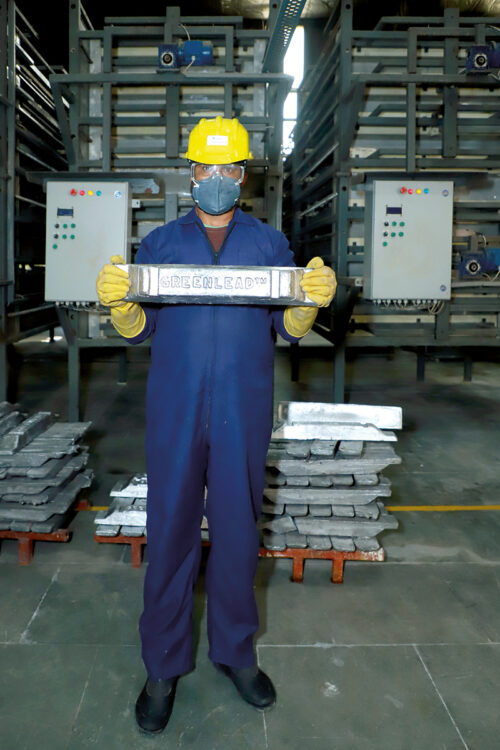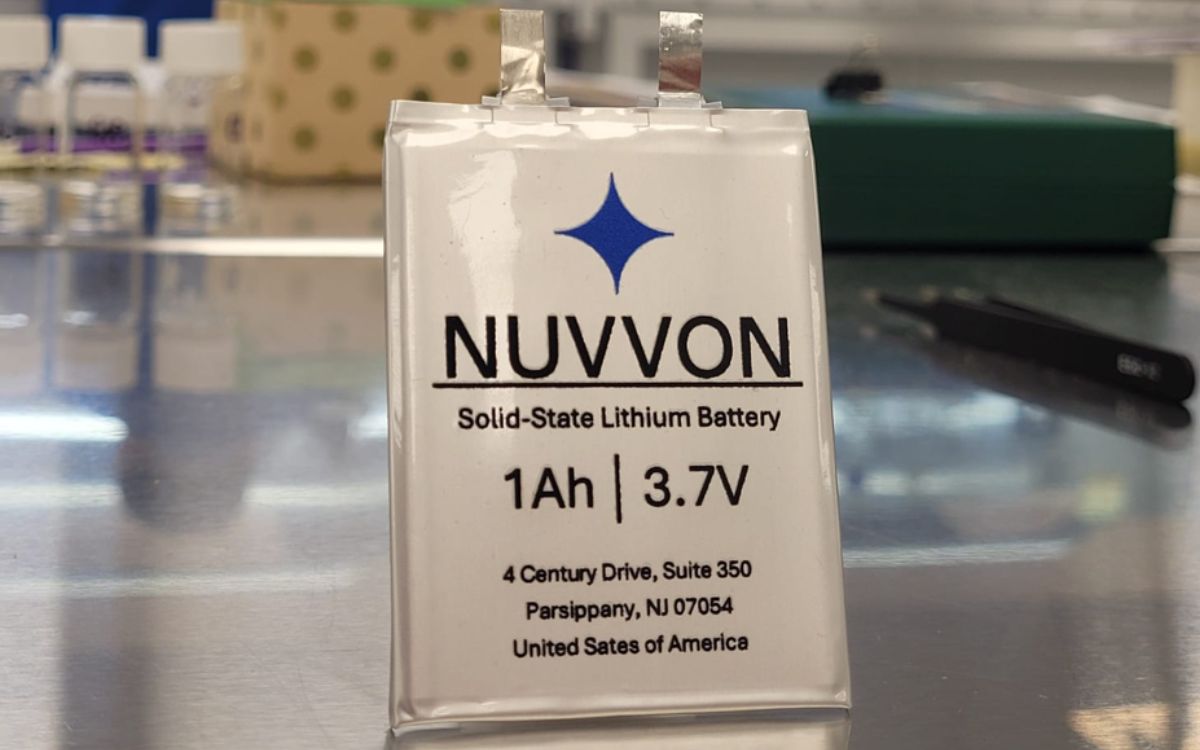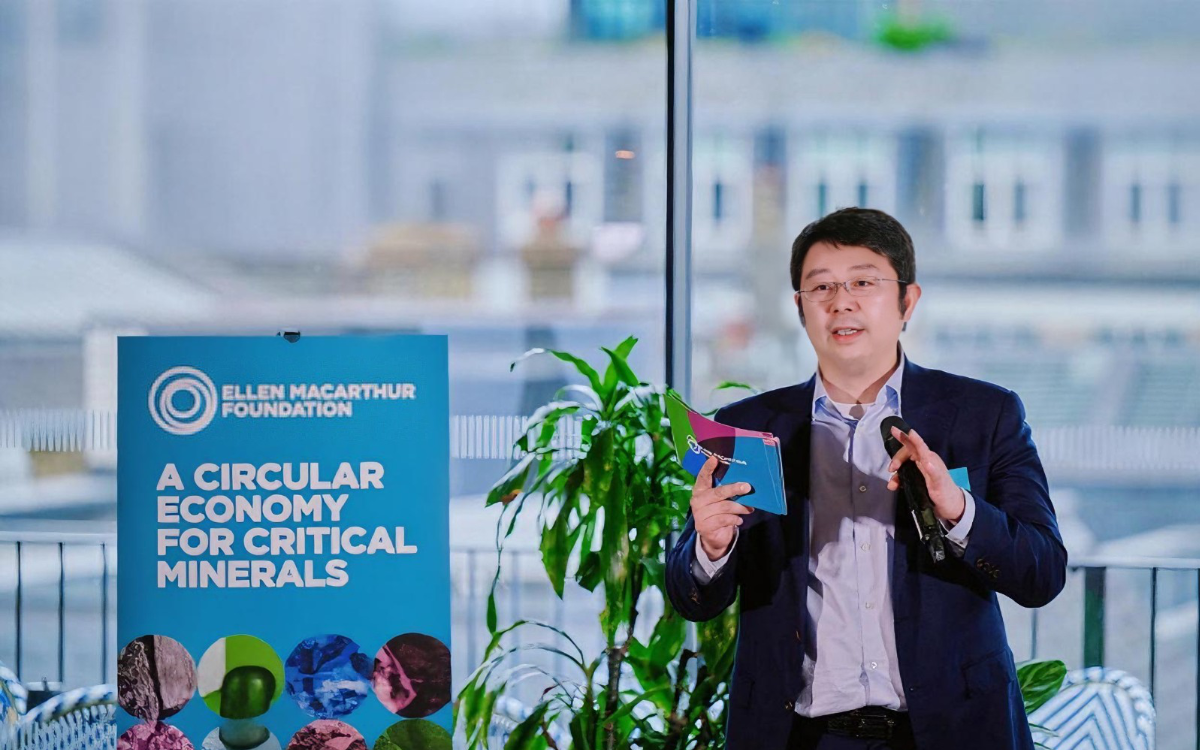Meet the CEO: Nishchay Chadha of Ace Green Recycling tells Andrew Draper of his plans to grow the company and eradicate informal battery recycling.
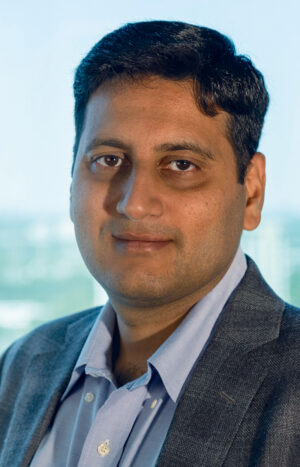
Nishchay Chadha has a life steeped in internationalism, so it’s little surprise that the expansion plans for his company have a strong international dimension. Born and raised in India, he moved to Singapore with his work and now divides his time between the company’s two bases, Singapore, and Texas in the US.
Ace Green was set up in 2019, just before the coronavirus pandemic hit, so did not get going with its operations right away. But Chadha already has his sights set on the emerging markets in Africa and Asia, where there is so much informal recycling, poor standards and where ignoring the rules is common. Chadha confirms the company is set to announce new facilities in Asia, Europe and the Middle East by early 2023.
It’s time to change and improve standards
“People work in compliance in western markets,” Chadha told BEST. “But we go much harder in emerging markets where people shy away… We’re talking to people in Africa, where they think they don’t need recycling. We want to be the player who tries to change the industry and turn it around. Not just in the developed world but also in emerging markets.” True success for them would be convincing more players to do things properly, he adds. “Be a market partner for sure, but everyone is part of the solution. Not just in Europe or America, but in Asia, the Middle East and Africa too.”
He says they are talking to potential partners in Africa. “Many of them don’t believe it’s time for Africa to do something clean. You still see people setting up with cheap equipment in countries in Africa, and you see these organisations setting up shop there. I won’t name names but it’s time to change and improve standards. To be honest, even if people want to do smelting, fine, no problem, but at least have the correct smelting standards and equipment. There’s good quality equipment available, there’s good pollution control equipment. Please use that. I’m not saying don’t do it, but do it properly.”
Asked how 38-year-old Chadha got into recycling, he says: “I started off as a mining engineer many, many years ago… and was in charge of buying a lot of chemicals, dump trucks and so on. There, we had some recycling programmes as well… I was 21 years old and that was my first impression of recycling. In terms of actual proper recycling, there’s a company called Trafigura, which I joined as a scrap trader. That’s where I got good exposure to recycling – copper, aluminium, ferrous… many different forms of scrap.”
Trafigura moved him to Singapore as part of its lead and zinc business. Being involved in lead (the most recycled metal going) meant he was also involved in recycling. “I built the business for them through Singapore, and that was how I found a love for recycling and saw an opportunity.”
The industry he saw was full of issues and challenges, and it was highly fragmented and had little scale, he said. “I started to realise we could create a good structure and create skills and synergies through a platform. It was also during this time that Chadha had the shock of his life when visiting a plastics recycling plant in Vietnam. The memory stays with him, despite having visited hundreds of plants over the years, many with terrible conditions.
“There were some kids in a factory and there was dog poo in the factory, and they were eating on the floor in the factory… and they were sending final waste in the drains. And I thought I’m making money in this industry, decent money as the company paid well, I’ve got to do something about it, this can’t go on. I’m the father of two children. This is how the industry was and I thought I had to do something about it. People like us were taking things for granted.”
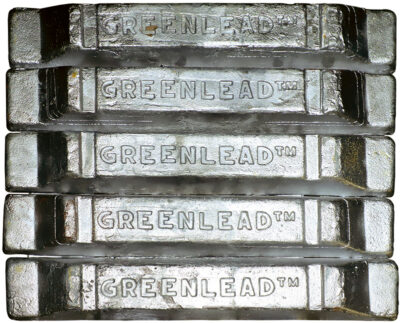
In 2021, Ace Green merged with Verdeen to build on the latter’s expertise in zero-emissions battery recycling technology. “I came from the business. If you have the technology but have no network, there’s only so much you can do,” he says. The merger brought together capital, supply chains and technology.
“Right now, we’re working with so many players who are in the lead industry, helping them with the transition to lithium batteries,” says Chadha. “We see the businesses as complementary. We see the lead industry is continuing to grow. But it’s had a lot of negative publicity.”
Ace Green is working on zero-emissions technology. So instead of smelting metal at high temperatures (often over 1000°C) and using fossil-free fuels in the course of the work, the process is electrified. Costs are lower and environmental impact is reduced, says Chadha. He says they are already seeing a 98% extraction rate of metals from lithium batteries too, using this technology. The melting process in electric kettles is four hours, a fraction of what smelting requires, he says.
Talking to solar power companies
Reliable electricity supply is an issue in certain places, but Ace Green is looking at rolling out the use of electric kettles in certain countries, as well as looking at using solar power to run its operations.
The company is working on technology to recycle EV lithium batteries. They have found a way of separating copper and aluminium from black mass and are working on introducing robotics to the battery-breaking process, which is still done by hand.
“These batteries aren’t meant to be recyclable,” he says, “so it’s a big challenge today to open up these batteries. I don’t think anybody in the world has a commercially viable solution now through robotic systems. But we’re working on these systems. It’s going to take some time.”
In May, it announced plans for a 400,000f2 recycling facility in Texas, US, which will operate with emissions-free technology. It will recycle both lead-acid and lithium batteries from the automotive and other industrial sectors. It is expected to hit full capacity by 2025, processing up to 100,000 tonnes of lead-acid batteries and 20,000 tonnes of lithium-ion batteries.
Industry collaboration
Ace Green operates as a trading platform and if it is unable to handle a recycling job itself, it will sub-contract it. Chadha says while Ace Green has its own technology and is setting up its own plants, it’s quite happy to involve others. “What we do, if you’re a battery player and come to us, we process things ourselves if we have a facility. If not, then we pass them on to someone we know. We select the right players.”
The firm is also happy to invest in its partners’ operations too if need be. “We’re trying to help them with the technology. We see ourselves as a platform… we’re open to whatever collaboration.”
At present, it’s a 50-50 split between recycling done in-house and sub-contracted. “As our own facilities get set up, that own share will increase… but we can’t be in 100 countries. We will end up being in 10-15 in the next few years.” It is present in five countries now. And in Vietnam, there is also talk of modernising and electrification.
He throws out an invitation to other recyclers to come together. “I never treat anyone in the industry as a competitor… it’s not like a monopolistic market. Some companies will have their own shortfalls, but we can help each other collaborate.”
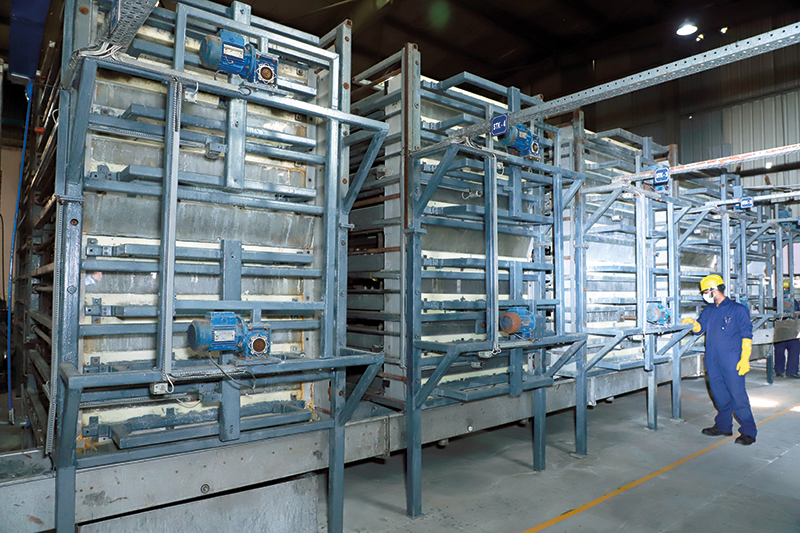
Partnerships in the pipeline
Asked what keeps him awake at night, Chadha says the industry is sometimes slow to change. “When they see something new and different, the speed at which they want to change is very slow and they always want someone else to take the first step before they do. I believe some have already done it. I think we have managed to break that ceiling and in 3-6 months there will be announcements from us on partnerships that will help us break that glass ceiling… You just need to take the first step and change your mindset. I think people will come around. There’s a huge push to electrification and sustainability.”
Every day in a start-up is different. And as for switching off, Chadha says he doesn’t. “I woke up at 2.30 am yesterday. I woke up with an idea and started working on it. I’d slept on an idea, and I had a solution… That’s start-ups, that’s how our life is. There is no Plan B, this is all in. I think switching off is impossible.”
Green futures
Chadha declines to reveal company financials but says it receives government support for what they are doing everywhere, including in emerging markets. He says he’s hopeful about the future as awareness has grown and everyone is talking about recycling.

